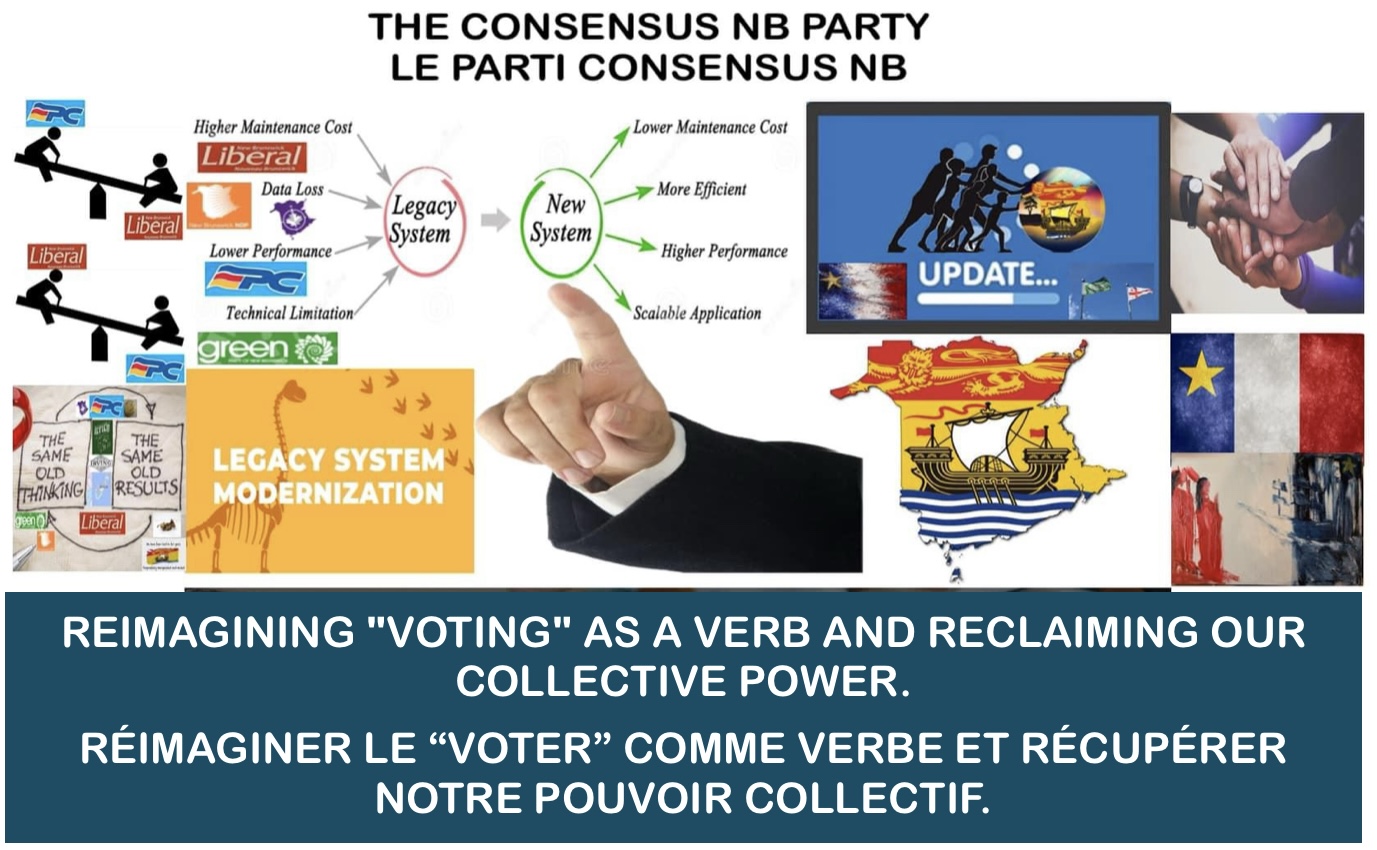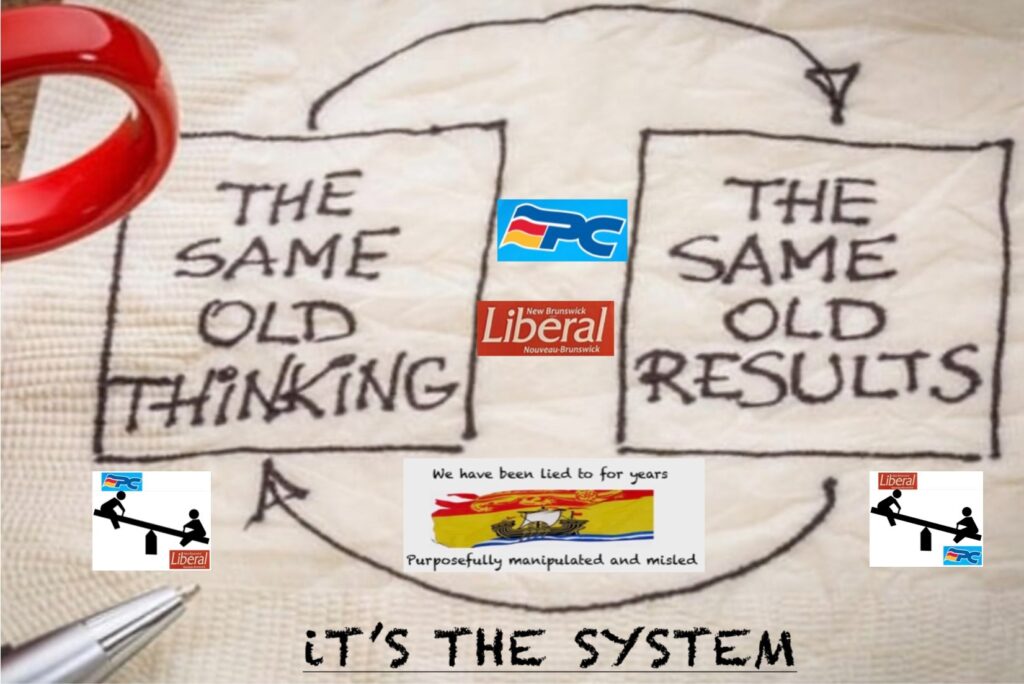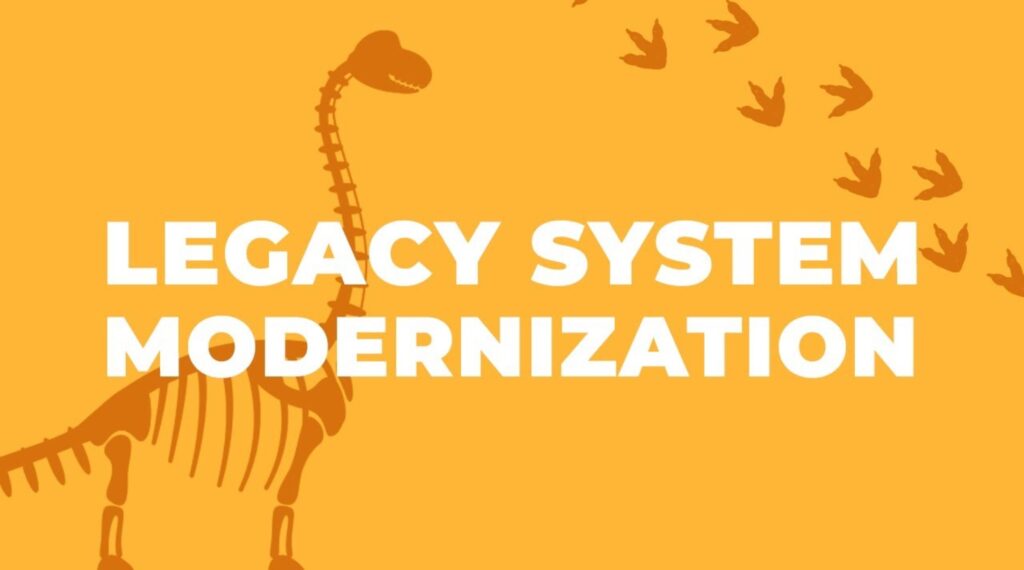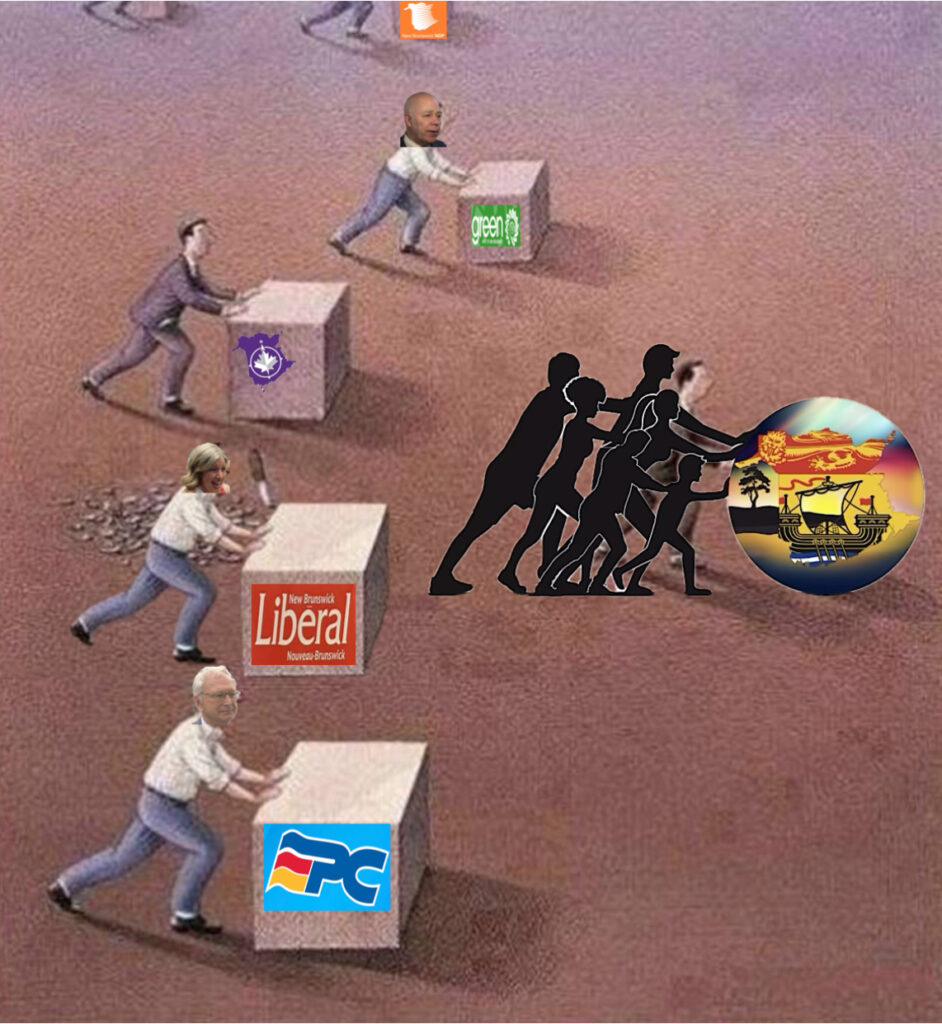We would like to end partisan party politics in New Brunswick and the same old — same old blue/red — red/blue sea/saw governments we have endured for the last 60 years. We think the system itself has become too centralized and top down authoritarian and has become corrupted and removed from everyday common people.
Consensus NB offers a different system of legislative governance that ensures collective best interests are identified as ‘people first’, transparently and systematically pursued from the ground up, starting at each individual riding level.
Establishing a new provincial political party to advance the idea and need for a political system change is the only credible way to offer a viable clear choice alternative to the established ingrained political party system in New Brunswick.
Consensus governance is an idea whose time has come. It is the opportunity to take back our government and return it to true democracy the way it is supposed to work.
All MLA ‘s work for their Ridings full-time 40 hours a week, 50 weeks a year, and there is no guaranteed pension after 2 terms.
In a Consensus Governance Structure all MLA’s are equal in legislature, meaning equal time to ask questions, equal time to debate, equal weight in voting and importance with their peers, equal chance of serving on important legislative committees, AND equal opportunity to stand for election by the House as either a cabinet minister or as Premier.
No MLA would have ‘a party’ or a whip telling them how to vote or what is important, —only the people in their riding constituency does that.
Consensus NB is the first of its kind to offer a viable “clear-choice-way” back to DEMOCRACY at a local riding level and makes clear the basis of “THE WILL OF THE PEOPLE”.


MLA’s will no longer vote along party lines or be forced by party whips to vote against the wishes of the people they represent.
No matter how that old system forms itself, with 2 partys, multi partys, first past the post (FPP), or proportional representation (PPR), that old top down, centralized command and control structure remains with all the attending leader worship, party politics, confrontation, pandering and political games remaining. It is like that old computer system that could not keep up with the demands of the speed and diversity of the changes needed for newer times.
As an analogy, computer technology evolved as the inner workings of the old systems were analyzed to recognize that centralization created bottlenecks and corruption, with parts working against each other.
The whole system model was re-imagined. New computer systems have evolved into a much more decentralized platform to carry out the functions and instructions given to it by individual users. It is a much more efficient platform to achieve the multi purpose success of those instructions while working together to perform them.
The old legacy system of government in New Brunswick has become far too centralized and controlling. It is outdated and bloated, bureaucratically cumbersome and slow.
Consensus NB would upgrade that system, and with your help we can!


There are 49 ridings in the Province of New Brunswick with about 11,600 voting residents. Each riding is a separate and unique geographic location in the province, with various population mixes in age groups, density and mix of rural and municipal living (except Moncton, Saint John, and Fredericton where populations are more dense).
We propose to make the Riding Office the central political location for residents within each riding. Each riding would be a fully independent political office where consensus governance would model decision making and the determination of all issues and policy initiatives that affect that riding. Public meetings, online meetings and various outreach activities would be regularly scheduled to give everyone the opportunity to voice opinions and thoughts on the various issues affecting their lives, and solutions to them.
Candidates following consensus directives would be chosen and filtered by the consensus majority of the people living in the riding with one MLA selected and voted for locally without interference from party executives.